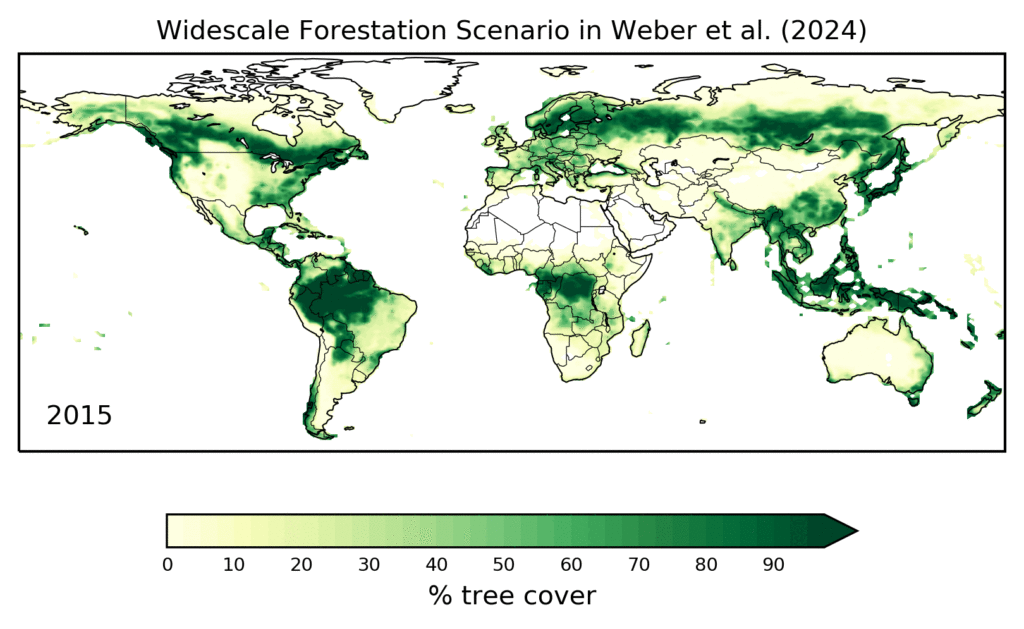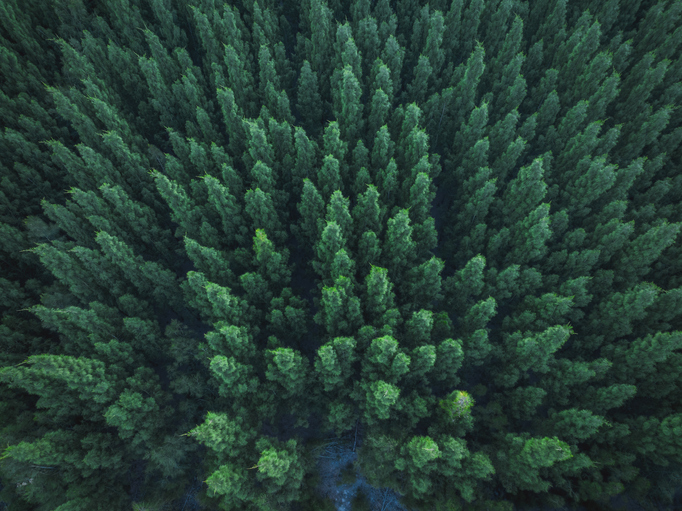Covering vast tracks of land with forests is not as helpful at removing carbon from Earth’s atmosphere as previously believed, a new study from the Universities of Sheffield, Leeds, and Cambridge has found.
In a paper published in Science in February, researchers discovered that unexpected side-effects of planting forests, such as the dark colour of the trees and the chemicals they give off, could reduce their carbon-trapping benefits by up to a third.
“Trees have a part to play, but they’re not going to dig us out of this mess alone. We need to reduce greenhouse gas emissions.
“We are not going to get climate change fixed by taking a long haul flight and saying ‘I’ll plant a tree,’” said Dr James Weber, atmospheric scientist at the University of Sheffield and lead author of the study.
Forests absorb carbon dioxide, and are essential to keeping carbon emissions out of the atmosphere.
But Dr Weber says that just planting trees for their carbon removal benefits misses the bigger picture: “We need to think about the whole earth system response, including carbon, the reflectivity of the earth, and the composition of the gases in the atmosphere.”
In the research, scientists used supercomputers that simulate all parts of the planet—the ocean, atmosphere, land—and to see what would happen in a scenario they called Maxforest, in which trees cover every possible part of the Earth by 2095.

When they looked at what happened to the planet during Maxforest, they discovered that the carbon-sequestration benefit of the trees was up to a third less than expected.
One reason for this is that trees are darker than grassland, which means they absorb more radiation rather than reflecting it back out. This then means more heat stays trapped on the planet.
Another unexpected side-effect is due to the chemicals trees naturally release, such as the chemicals that create the pine scent in cleaning supplies and candles. These chemicals ultimately lead to more methane and ozone in the atmosphere, which then trap even more heat.
Dr Weber cautions that even with these findings, forests are still essential to solving climate change: “We’re very much not saying that trees are bad. When we plant forests alongside reducing greenhouse gas emissions and pollution, the negative effects we found are smaller.”
The researchers hope that identifying these forest planting side-effects can help scientists develop the best possible solutions for reducing planetary carbon emissions to zero.
“Importantly, the study finds that preventing forests getting cut down, when compared to efforts to plant new forests, is a far more efficient way to mitigate climate change,” said Dr Stephanie Roe, WWF Global Climate and Energy Lead Scientist and co-author of the study.




